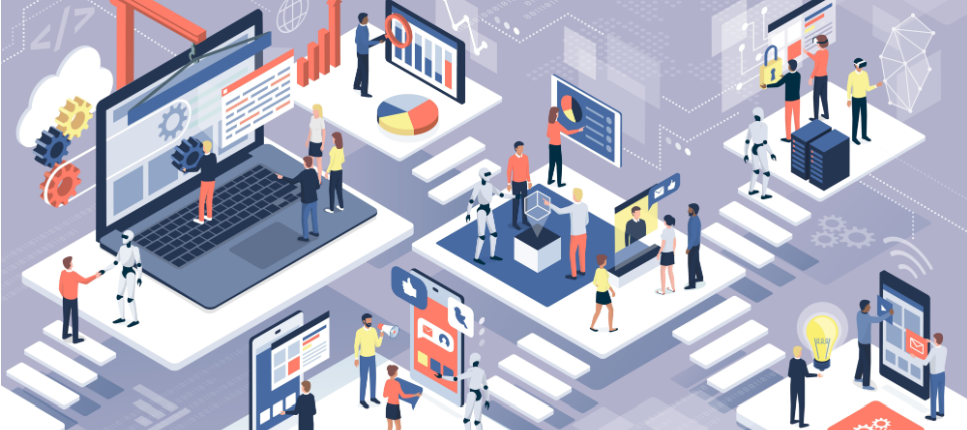 Catherine Meilleur has over 15 years of experience in research and writing. Having worked as a journalist and educational designer, she is interested in everything related to learning: from educational psychology to neuroscience, and the latest innovations that can serve learners, such as virtual and augmented reality. She is also passionate about issues related to the future of education at a time when a real revolution is taking place, propelled by digital technology and artificial intelligence.
Catherine Meilleur has over 15 years of experience in research and writing. Having worked as a journalist and educational designer, she is interested in everything related to learning: from educational psychology to neuroscience, and the latest innovations that can serve learners, such as virtual and augmented reality. She is also passionate about issues related to the future of education at a time when a real revolution is taking place, propelled by digital technology and artificial intelligence.
What AI can’t do (yet)
The performance of generative artificial intelligence (AI), which the general public has been discovering since the release of ChatGPT, is impressive, and not a week goes by without the appearance of new tools using this technology. Based on training data and thanks to a hyper-powerful mathematical system, generative AI can understand a complex query and statistically predict the best possible response, whether this involves solving a mathematical or scientific problem, coding, or producing text, image, audio or video. While AI experts predict it could surpass us on several fronts in the coming years or decades, it currently lacks some of the skills needed to compete with us on every cognitive terrain.









